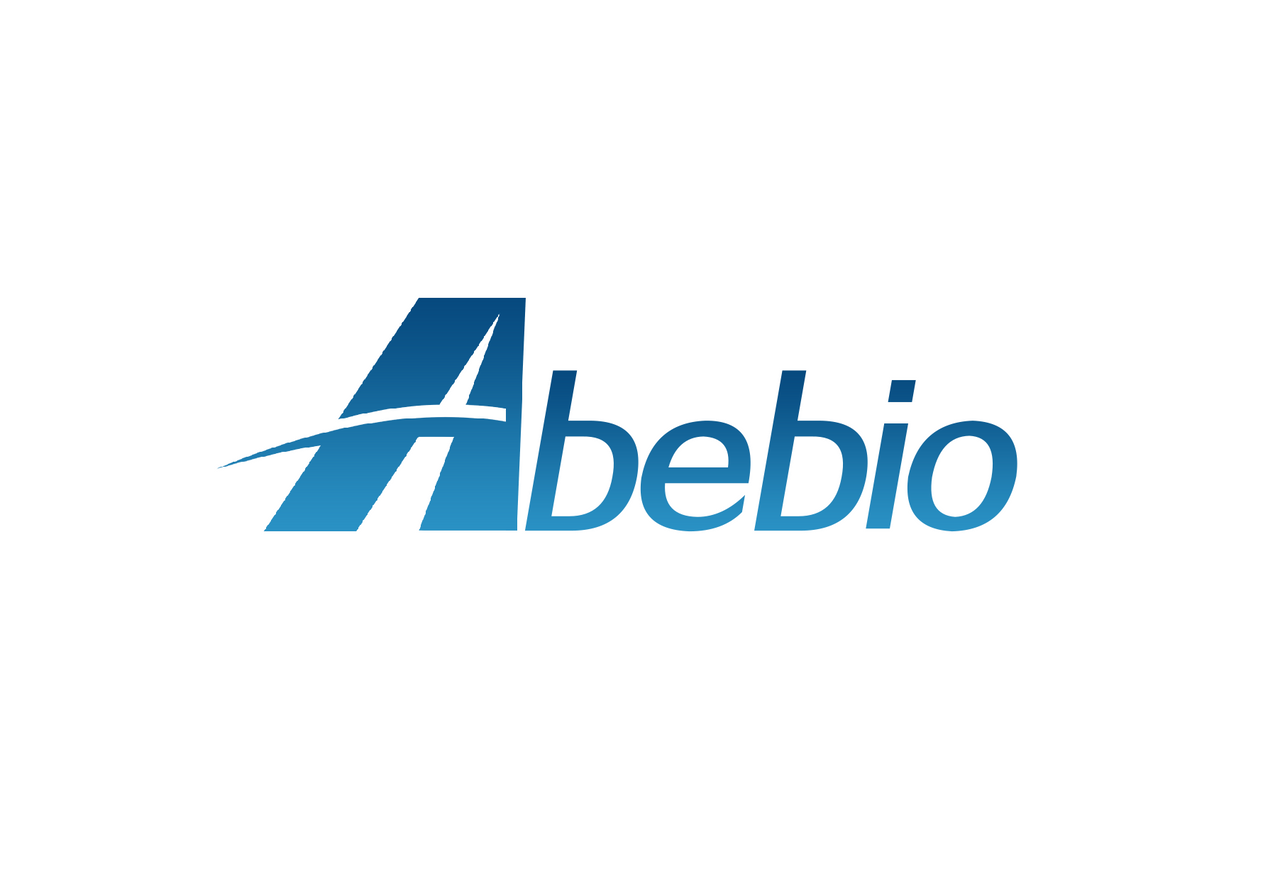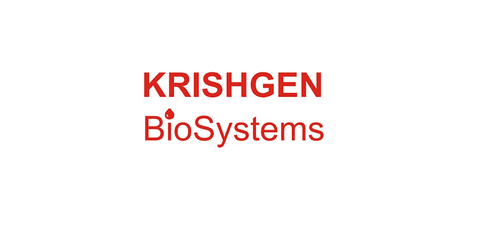Product Description
Human SCY1-like protein 2 (SCYL2) ELISA Kit | AE20428HU | Abebio
Species Reactivity: Human (Homo sapiens)
Abbreviation: SCYL2
Alternative Name: CVAK104; FLJ10074; KIAA1360; SCY1-like 2 protein|coated vesicle-associated kinase of 104 kDa
Application: ELISA
Range: 15.6-1000 pg/mL
Sensitivity: 5.9 pg/mL
Intra-Assay: ≤7.4%
Inter-Assay: ≤11.1%
Recovery: 1, 08
Sample Type: Serum, Plasma, Other biological fluids
Detection Method: Sandwich
Analysis Method : Quantitive
Test Principale: This assay employs a two-site sandwich ELISA to quantitate SCYL2 in samples. An antibody specific for SCYL2 has been pre-coated onto a microplate. Standards and samples are pipetted into the wells and anySCYL2 present is bound by the immobilized antibody. After removing any unbound substances, a biotin-conjugated antibody specific for SCYL2 is added to the wells. After washing, Streptavidin conjugated Horseradish Peroxidase (HRP) is added to the wells. Following a wash to remove any unbound avidin-enzyme reagent, a substrate solution is added to the wells and color develops in proportion to the amount of SCYL2 bound in the initial step. The color development is stopped and the intensity of the color is measured.
Product Overview: Chemokine (C-C motif) ligand 14 (CCL14) is a small cytokine belonging to the CC chemokine family. It is also commonly known as HCC-1. It is produced as a protein precursor that is processed to generate a mature active protein containing 74 amino acids that and is 46% identical in amino acid composition to CCL3 and CCL4. This chemokine is expressed in various tissues including spleen, bone marrow, liver, muscle, and gut.CCL14 activates monocytes, but does not induce their chemotaxis. Human CCL14 is located on chromosome 17 within a cluster of other chemokines belonging to the CC family.Expressed constitutively in several normal tissues: spleen, liver, skeletal and heart muscle, gut, and bone marrow, present at high concentrations (1-80 nM) in plasma.
Stability: The stability of ELISA kit is determined by the loss rate of activity. The loss rate of this kit is less than 5% within the expiration date under appropriate storage condition. The loss rate was determined by accelerated thermal degradation test. Keep the kit at 37°C for 4 and 7 days, and compare O.D.values of the kit kept at 37°C with that of at recommended temperature. (referring from China Biological Products Standard, which was calculated by the Arrhenius equation. For ELISA kit, 4 days storage at 37°C can be considered as 6 months at 2 - 8°C, which means 7 days at 37°C equaling 12 months at 2 - 8°C) .
 Euro
Euro
 USD
USD
 British Pound
British Pound
 NULL
NULL








